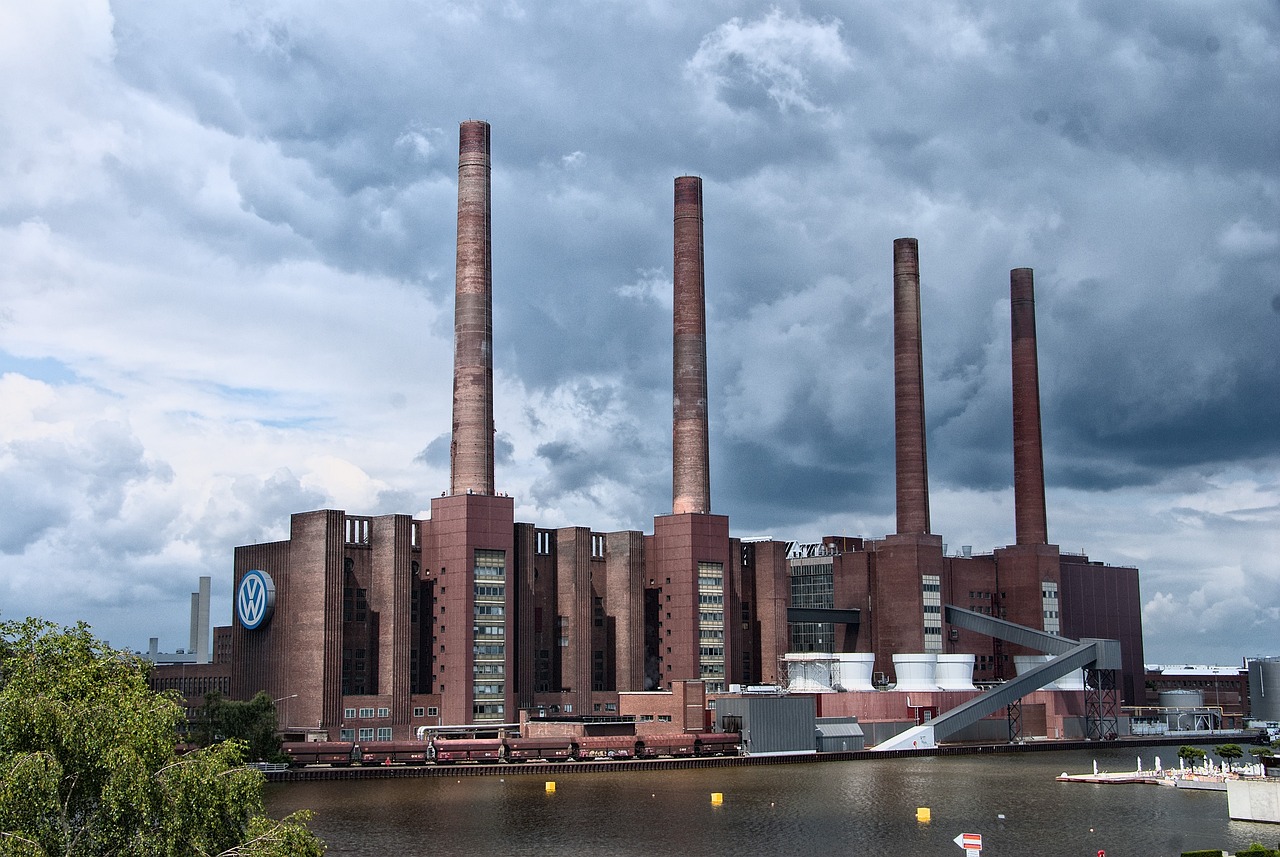Newsletter
Sed ut perspiciatis unde.
Volkswagen is considering closing up to three factories in Germany, potentially cutting tens of thousands of jobs as it struggles to recover its footing in Europe. Falling sales and fierce competition from China have forced the automaker to reevaluate its operations, Daniela Cavallo, head of the company’s employee council, told workers Monday.
If the closures proceed, it would mark the first time in Volkswagen’s 87-year history that it shuts down production sites in Germany, dealing another blow to the country’s already sluggish economy.
Cavallo said the company’s plan includes not only factory closures but also scaling back production across all remaining plants and shedding key operations. “This means deeper cuts—more product lines, shifts, and assembly operations will be eliminated beyond what’s already been done,” she explained. Volkswagen is also pushing for pay reductions for the workers who remain.
Volkswagen’s importance to Germany’s economy is hard to overstate. As the country’s largest employer, its fortunes are closely tied to Germany’s post-war industrial growth. Entire regions depend on the company and its well-compensated workforce.
Management has declined to comment on specifics, stating that any announcements would only come after discussions with employee representatives. However, it emphasized that shrinking demand and mounting global competition have made labor costs in Germany unsustainable, necessitating major restructuring.
German Chancellor Olaf Scholz’s office hinted that poor management may have contributed to Volkswagen’s current struggles, adding that employees shouldn’t bear the brunt of the company’s missteps. Scholz faces pressure to revive the nation’s faltering economy, which the IMF predicts will contract by 0.2% in 2024—making Germany the only major economy expected to shrink this year.
Last month, Volkswagen signaled that closing German plants might be unavoidable to stay competitive. The automotive sector, a pillar of Germany’s economy contributing over €560 billion ($610 billion) annually, has faced headwinds as export-dependent manufacturers like Volkswagen lose ground in China. Chinese consumers are increasingly opting for homegrown electric vehicles, squeezing German brands out of the market.
The European market isn’t faring much better. Demand for cars has dropped by 500,000 units since the pandemic, roughly equal to the output of two Volkswagen factories, according to CFO Arno Antlitz. The company now faces difficult choices to maintain relevance in a shifting global landscape.








